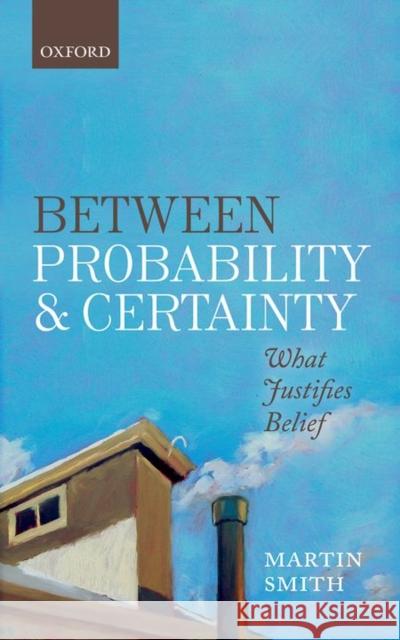Between Probability and Certainty: What Justifies Belief » książka
Between Probability and Certainty: What Justifies Belief
ISBN-13: 9780198755333 / Angielski / Twarda / 2016 / 240 str.
Martin Smith explores a question central to philosophy--namely, what does it take for a belief to be justified or rational? According to a widespread view, whether one has justification for believing a proposition is determined by how probable that proposition is, given one's evidence. In the present book this view is rejected and replaced with another: in order for one to have justification for believing a proposition, one's evidence must normically support it--roughly, one's evidence must make the falsity of that proposition abnormal in the sense of calling for special, independent explanation. This conception of justification bears upon a range of topics in epistemology and beyond, including the relation between justification and knowledge, the force of statistical evidence, the problem of scepticism, the lottery and preface paradoxes, the viability of multiple premise closure, the internalist/externalist debate, the psychology of human reasoning, and the relation between belief and degrees of belief. Ultimately, this way of looking at justification guides us to a new, unfamiliar picture of how we should respond to our evidence and manage our own fallibility. This picture is developed here.











